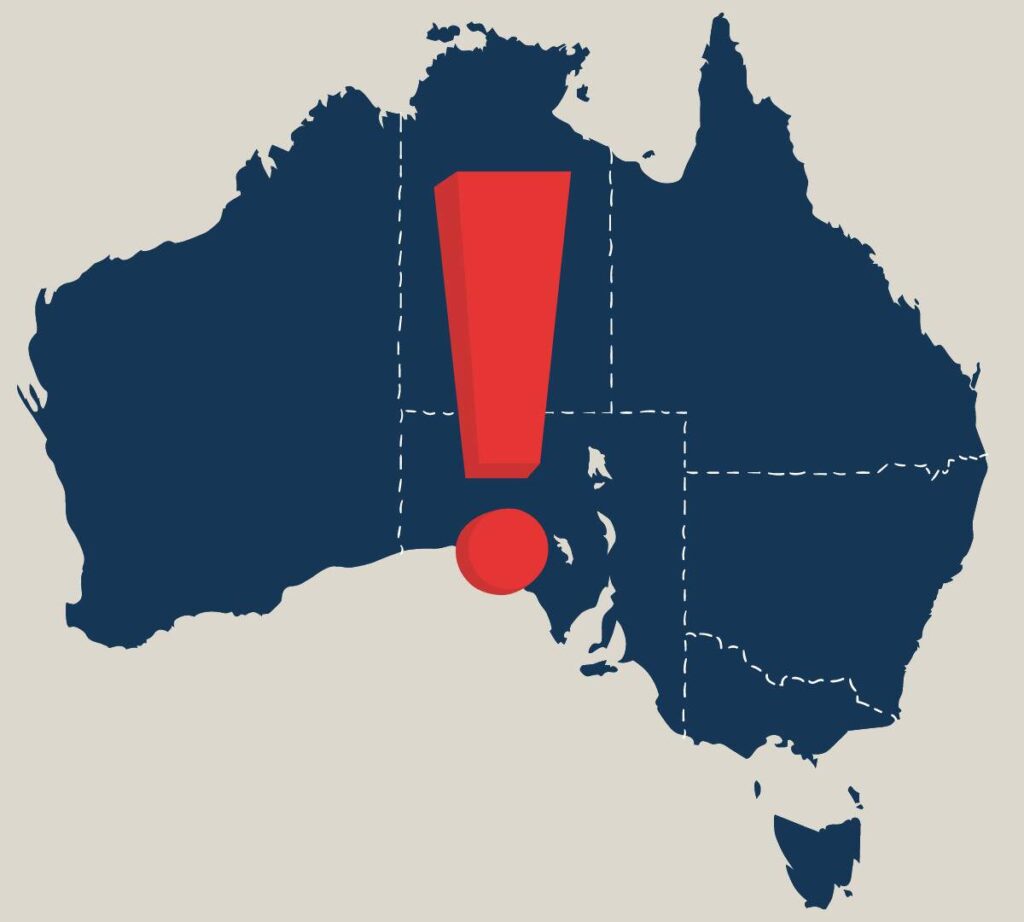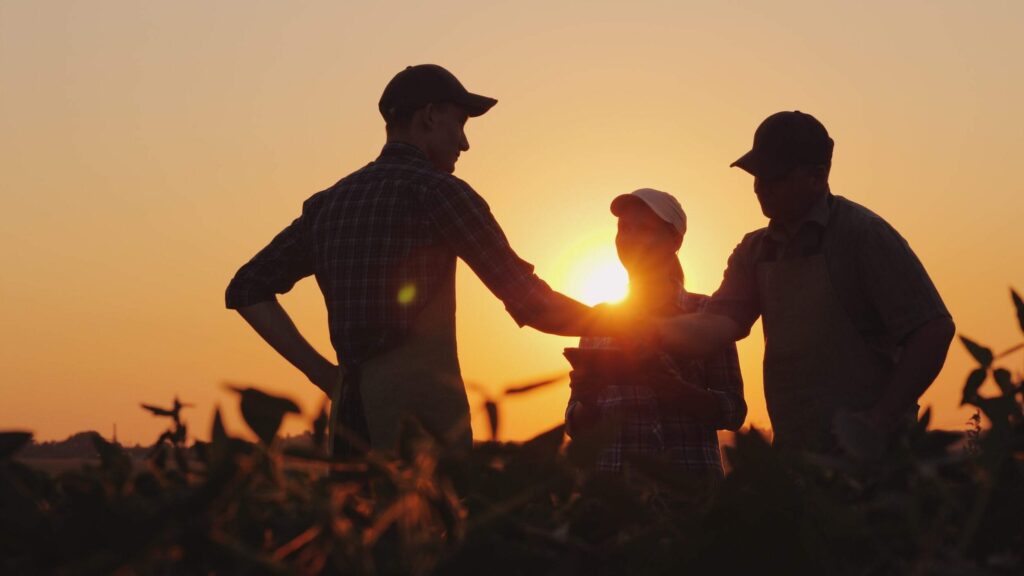As school holidays approach, many families look forward to spending quality time together and visiting relatives on farms, enjoying the fresh air, nature’s beauty, and valuable learning experiences.
While farm visits can be exciting and educational for children, it’s crucial to prioritize their safety during these adventures. Farms come with unique risks and hazards that require proactive measures to protect our kids and any visitors.
In this article, we will explore essential tips to ensure kids’ and visitors safety on the farm during school holidays, empowering parents to create a secure environment for their children’s farm adventures.
1. Educate and Prepare: Before setting foot on a farm, take the time to educate your children about farm safety. Discuss potential hazards they may encounter and explain the importance of following safety guidelines. Teach them to be cautious around animals, farm machinery, and bodies of water. Additionally, explain the significance of listening to and respecting the instructions of farm owners or operators.
2. Supervision is Key: Always supervise children closely while on the farm. Assign an adult or responsible older sibling to keep an eye on them at all times. Even if your children are familiar with the farm, accidents can happen quickly, so maintaining constant supervision is essential.
3. Protective Gear: Ensure that children wear appropriate protective gear during farm visits. This includes sturdy, closed-toe shoes or boots to protect their feet from sharp objects or potential animal-related injuries. Dress them in long pants and long-sleeved shirts to reduce the risk of scratches, insect bites, or exposure to harmful plants and the sun.
4. Animal Interaction: Interacting with animals can be an exciting part of a farm visit, but it’s important to approach them with caution. Teach your children to be gentle and calm when handling or patting animals. Supervise any animal interactions closely to avoid potential bites or kicks. Remind them to wash their hands thoroughly afterward to prevent the spread of bacteria and/or diseases.
5. Machinery and Equipment: Farm machinery and equipment can pose significant risks to children and visitors. Keep children and visitors away from operating machinery, and ensure they understand the dangers involved. Establish clear boundaries to prevent them from wandering into areas where machinery is in use. Educate them about the potential hazards and emphasize the importance of never climbing on or playing with farm equipment. Quad bikes pose a significant risk to children and visitors, ensure they are competent to operate the bike and wear the appropriate PPE. Children under the age of 16 should not be riding large quad bikes.
6. Water Safety: Many farms have ponds, creeks, or other bodies of water that can be enticing to children. However, water poses a significant danger, particularly for young children who may not be strong swimmers. Keep a close watch on children near water and establish firm rules regarding their proximity to water sources. If swimming is allowed, ensure appropriate supervision and provide life jackets when necessary.
7. Chemical Awareness: Farmers often use chemicals such as fertilizers, pesticides, or herbicides to maintain their crops. Teach children about the potential dangers associated with these substances and instruct them to never touch or consume anything without permission. Encourage them to wash their hands thoroughly after touching any objects on the farm.
School holidays offer a wonderful opportunity for children to experience the joys and educational benefits of visiting a farm. Educate your children about farm safety, supervise them closely, and ensure they have appropriate protective gear. By taking these proactive measures, we can ensure that farm visits remain enjoyable and accident-free for our little adventurers, friends and family.




